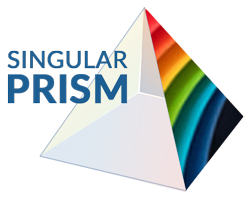Among the annoying inconsistencies of the English language is what to do with plurals. The overall rule is to add the letter S to the end of any noun. Only sometimes, that rule turns into adding two letters: E and S. Then it gets even more complicated if the word ends in the letter Y. Words ending in a final O offer their own challenges.
You would think that a word ending with the letter O should just use the addition of an S. This is true. But only sometimes! Who decides these things? Why are two copies of a piano called pianos while two of the vegetable “potato” are called “potatoes?”
Doing a little research, I find the plural rule has been touched up since I was in school. Supposedly if the letter just before that final O is a consonant, then the plural will require the ES combination (rule one). This explains tomatoes and potatoes.
If the letter immediately before the final O is a vowel, then the single S will be sufficient (rule two) as with video and radio which become videos and radios.
Musical terms ignore both rules and (rule 3) usually use the single S. But then there is the question of whether the plural of tempo should be tempos or tempi–a subject for another time (pun?).
Sounds like all is resolved, right? But no. Hero according to the rules above should become “heros”, but its plural is heroes, and echo likewise becomes echoes.
If it is any consolation, just stick to the three rules offered here and you will usually have the correct spelling. If you need assurance, a dictionary in hand or on-line is always available to help you. And do not be hard on yourself if you are wrong, there are a lot people who will commiserate with you.
#EnglishLanguage #ESL




Leave a Reply
Want to join the discussion?Feel free to contribute!